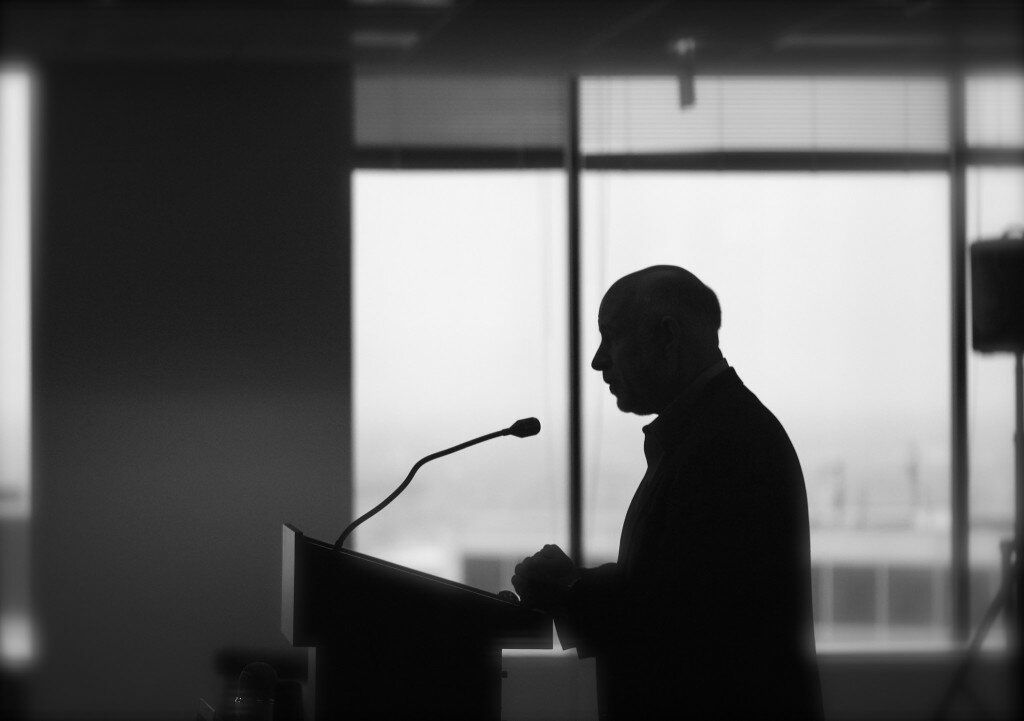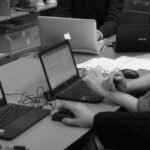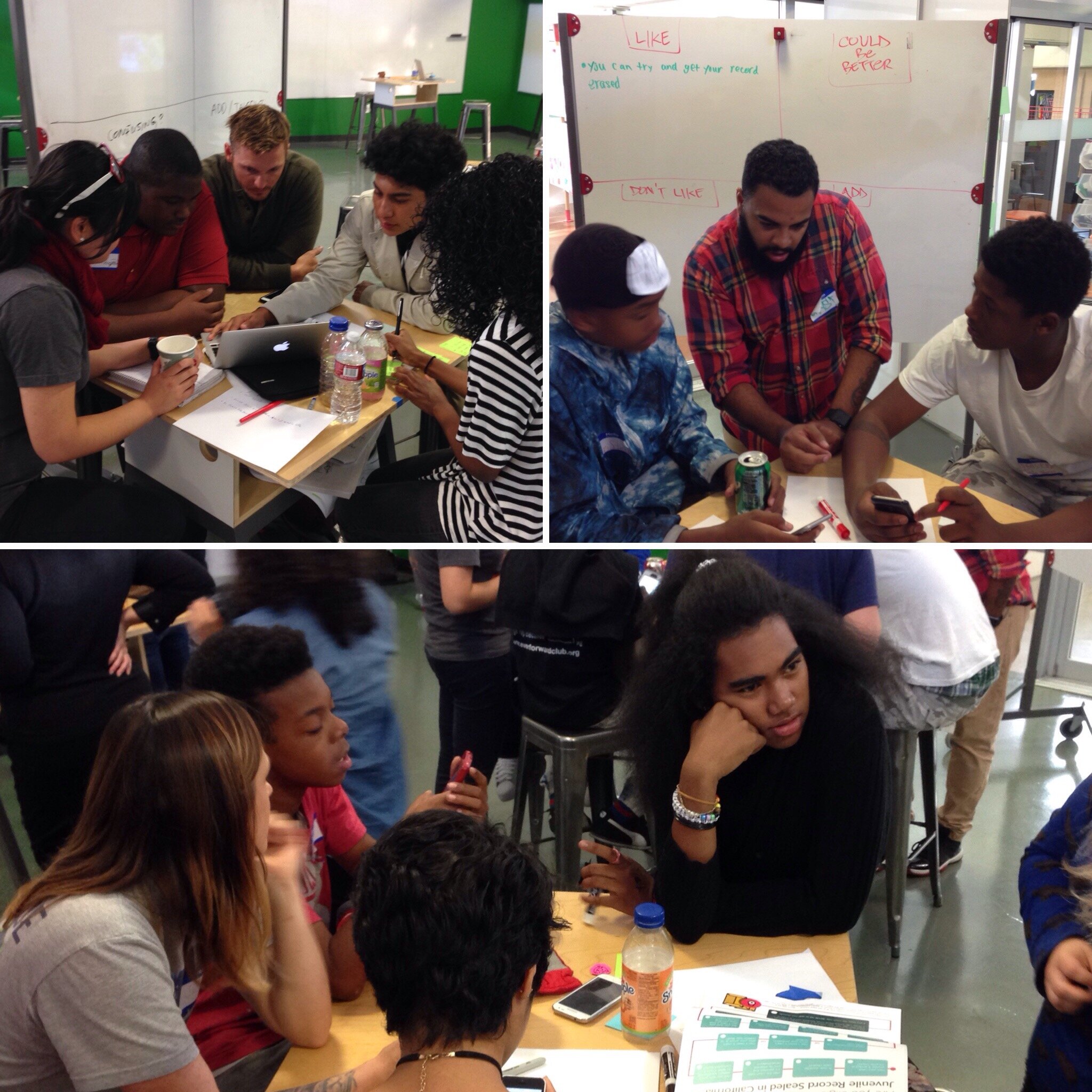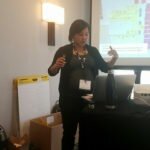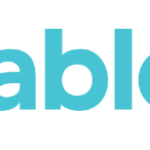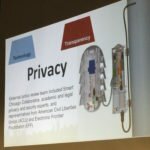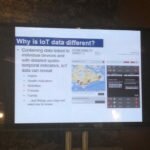Editor’s note: Andrew Seeder is a consultant to Smart Chicago who has worked on Chicago School of Data and other important initiatives. Join his On the Table session about the techniques and resources available for people who want to use data to make society a better place to live.
I tried to settle on an attention-grabbing lead for this post about ethics, something that would make you wonder about equity and ownership, about the differences between data big and small — maybe the monkey selfie, Facebook’s emotional contagion study, UPS’s happiness algorithm, or that it would take you a month to read a year’s worth of privacy agreements. I thought about my cousin loading pallets in a warehouse, his movements timed by fractions of seconds and measured against his pay. People reading this post likely do not need to be convinced that data has had — and will continue to have — a positive impact on society. Examples abound.
Smart Chicago is focused, in part, on making sure that data works for people. Not just anybody, though. Everybody. In the words of Jane Addams: “The good we secure for ourselves is precarious and uncertain until it is secured for all of us and incorporated into our common life.” Information is data that works. Information helps people make decisions, makes people’s lives easier, makes cities better, more efficient. We think more information from the bottom up will make society a better place to live for everybody.
Look at the work we’ve already done. Expunge.io helps people slice through bureaucracy to erase their juvenile record. The CUT Group is developing a methodology for including people in the application design process. Connect Chicago helps build access digital skills in all neighborhoods. Foodborne Chicago uses Twitter and machine learning to help people with food poisoning communicate with the Department of Public Health.
These projects do good. They make data work. But making data work for people isn’t an easy thing. Using data to help make society a better place to live— data ethics— requires imagination. It comes from a place of empathy. It means thinking about what it’s like to walk in someone else’s shoes. And it also means asking people questions and then collaborating together. Civic tech tries to imagine and create real positive changes in people’s lives, the sort of changes you can point to and see, cause if you can’t see what changes you’ve made, have you actually changed anything at all?
When people talk about data and ethics together, the conversation often revolves around experiments that use “human subjects.” Responsible use of data about people is a keystone in data ethics, especially in terms of anonymization and privacy protection.
For this year’s On the Table, held on May 12th, I’m going to host a conversation about the techniques and resources available for people who want to use data to make society a better place to live. The end-result will be a fully documented discussion about consent and, hopefully, an open consent agreement template. In the spirit of collaboration, though, I’m happy to see our efforts develop organically. Consent is an important topic in many different parts of society. No one solution is going to affect all the places where consent is needed.
If you’re interested you can sign up here. Or tweet me. The conversation is tentatively scheduled to start at 1pm and end at 3:30pm. I’ll follow up with another blog post and I’ll incorporate what we find in Smart Chicago’s upcoming Chicago School of Data book. This will include a draft open consent agreement template to work from. Stay tuned.
